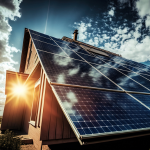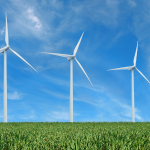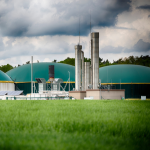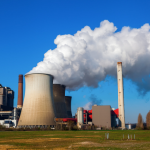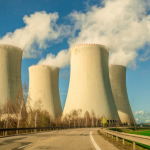Learn Everything About Clean Energy & More!
Check out our free energy glossaries and learn everything related to yoga!
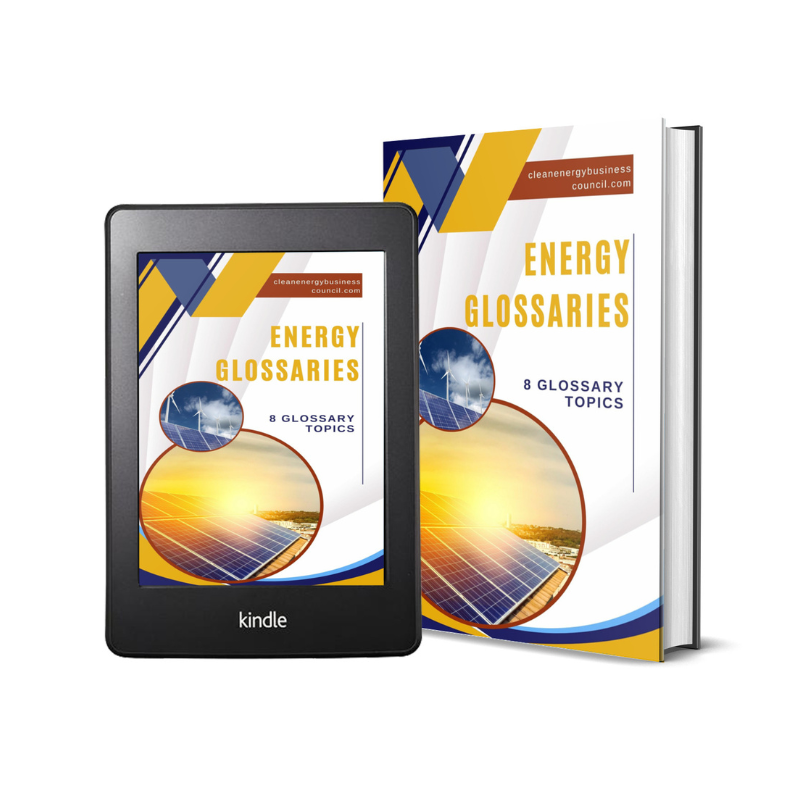
Energy Glossaries
Some Recent Energy Glossary Articles
Nuclear Fuel Storage – Definition & Detailed Explanation – Nuclear Energy Glossary Terms
I. What is Nuclear Fuel Storage? Nuclear fuel storage refers to the safe and secure containment of radioactive materials used in nuclear power plants. These materials, also known as nuclear fuel, are used to generate electricity through a process called nuclear fission. Nuclear fuel storage is essential to ensure that these materials are properly managed … Read more
Solar-powered Watch – Definition & Detailed Explanation – Solar Energy Glossary Terms
I. What is a Solar-powered Watch? A solar-powered watch is a timepiece that operates using solar energy as a power source. Instead of relying on traditional batteries, these watches have solar panels that convert sunlight into electricity, which is then stored in a rechargeable battery. This innovative technology allows the watch to function without the … Read more
Rated Capacity – Definition & Detailed Explanation – Battery Technology Glossary Terms
I. What is Rated Capacity? Rated capacity refers to the maximum amount of energy that a battery can store and deliver under specific conditions. It is typically measured in ampere-hours (Ah) or watt-hours (Wh) and is an important specification to consider when choosing a battery for a particular application. II. How is Rated Capacity Measured? … Read more
Wind Farm Acoustics – Definition & Detailed Explanation – Wind Energy Glossary Terms
I. What is Wind Farm Acoustics? Wind farm acoustics refers to the study of noise generated by wind turbines and their impact on the surrounding environment. As wind energy continues to be a popular and growing source of renewable energy, understanding and managing the noise produced by wind farms is becoming increasingly important. Noise from … Read more
Gas Reservoir Management – Definition & Detailed Explanation – Fossil Fuels Glossary Terms
Gas reservoir management is a crucial aspect of the oil and gas industry that involves the planning, monitoring, and optimization of gas reservoirs to maximize production and minimize costs. In this article, we will delve into the intricacies of gas reservoir management, exploring its key components, challenges, environmental impacts, and future trends. I. What is … Read more
Geothermal Well Drilling Techniques – Definition & Detailed Explanation – Geothermal Energy Glossary Terms
I. What is Geothermal Well Drilling? Geothermal well drilling is a process used to extract heat from beneath the Earth’s surface for energy production. This renewable energy source utilizes the natural heat stored in the Earth’s crust to generate electricity and heat buildings. Geothermal wells are drilled deep into the ground to access hot water … Read more
Biomass Energy Forecasting – Definition & Detailed Explanation – Biomass Energy Glossary Terms
I. What is Biomass Energy Forecasting? Biomass energy forecasting is the process of predicting the future availability and production of energy derived from organic materials, such as wood, crop residues, and animal waste. This type of energy forecasting is essential for planning and managing biomass energy resources effectively. By analyzing historical data, current trends, and … Read more
Coal Washing – Definition & Detailed Explanation – Fossil Fuels Glossary Terms
I. What is Coal Washing? Coal washing, also known as coal beneficiation or coal preparation, is a process used to remove impurities from raw coal before it is burned. The goal of coal washing is to reduce the amount of ash, sulfur, and other impurities in the coal, making it cleaner and more efficient to … Read more
Radiation Biology – Definition & Detailed Explanation – Nuclear Energy Glossary Terms
I. What is Radiation Biology? Radiation biology is the study of the effects of ionizing radiation on living organisms. Ionizing radiation is a form of energy that can cause damage to cells and DNA by breaking chemical bonds. This type of radiation is commonly associated with medical imaging procedures, nuclear power plants, and radiation therapy … Read more
Coal Handling – Definition & Detailed Explanation – Fossil Fuels Glossary Terms
I. What is Coal Handling? Coal handling is the process of transporting and managing coal from its initial extraction to its final destination. This includes activities such as loading, unloading, storing, and transporting coal to various locations. Coal handling is an essential part of the coal mining industry, as it ensures that coal is efficiently … Read more
